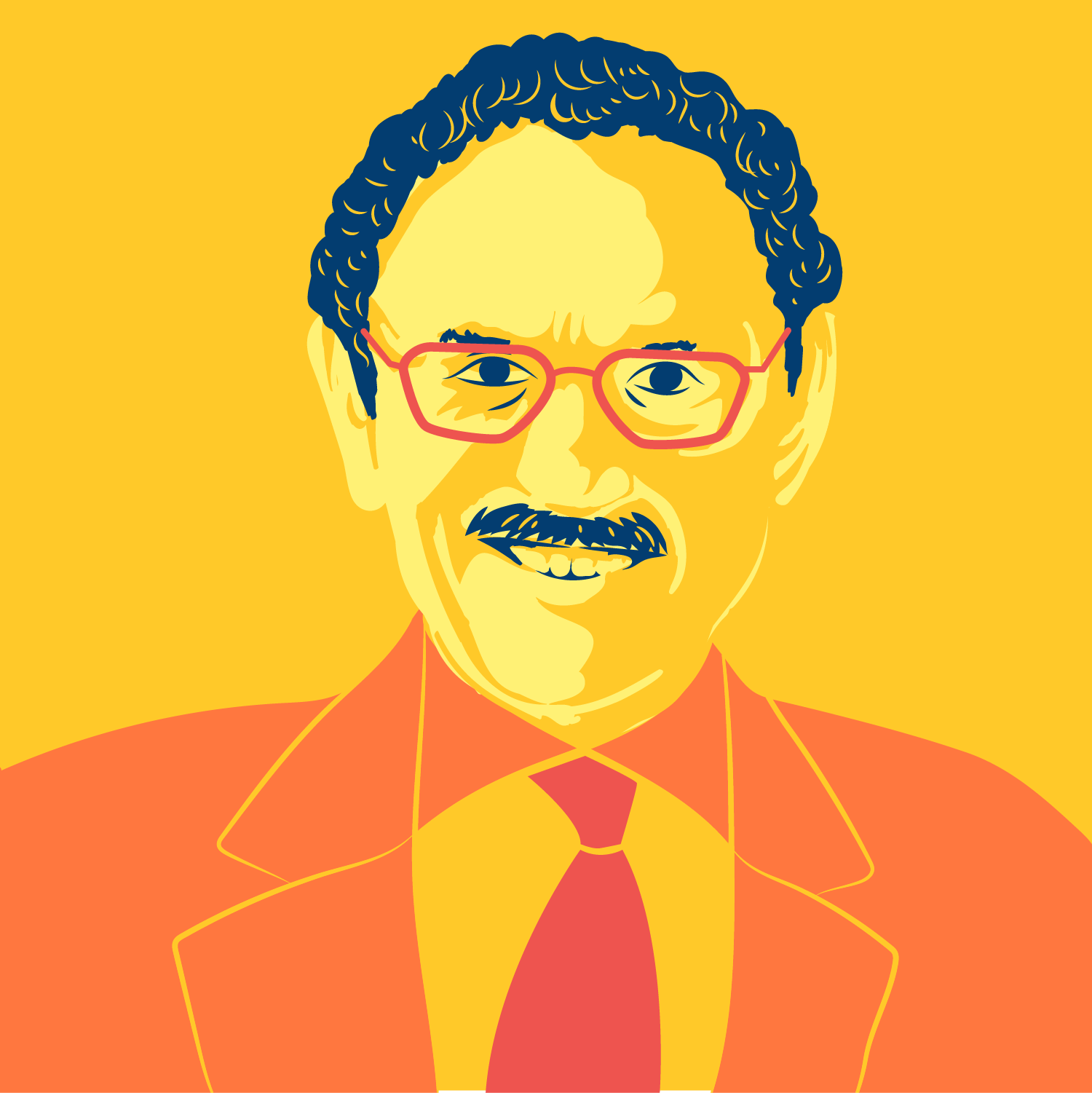They were rights supposedly grounded in nature, in the very nature of human beings, they promised to endure in all places where that nature remains the same. That's what Abraham Lincoln was referring to when he looked back on the Declaration.
And so Thomas Jefferson and his craftsmanship there had articulated an abstract truth applicable to all men and all times. All men are created equal. That the only rightful government over human beings depended on the consent of the governed.
It was a truth about the rightful and wrongful way that human beings ought to be governed. It was a moral truth about the things that were right or wrong, just or unjust, fitting or unfitting, for the ways human beings deserved to live. And the rights springing from those truths would hold in all periods, in all countries and cultures, as long as that nature held the same. But what was that nature in which these natural rights and natural law were grounded?
Aristotle gave us the core of the teaching here in his classic work in “The Politics.” Aristotle offered his account of what was distinctively in human nature, in the most common sense way, by separating human beings from the things that are either sub human or superhuman. Animals could emit sounds to indicate pleasure or pain, but human beings could do something strikingly different.
Only one kind of creature has the capacity to reason over the interests he has at stake in consenting to any contract. And only one kind of creature is capable of honoring a commitment, a contract, or a promise, even when it no longer accorded with his interests or his inclinations. In the same way, only one kind of creature is capable of respecting them, a law or a moral command, enjoining him to stop doing wrongful things even when he may find them distinctly pleasant and in his interest.
As Aristotle understood, there is only one kind of creature that is fitted by nature for the rule of law, the defining mark of the political order. Only one kind of creature, Aristotle said, is destined by nature for political life, the life marked by the presence of law, that capacity to make decisions that will be regarded as binding for everyone who comes under the jurisdiction or reach of the political order.
As the understanding ran then at the time of the American founding, no man is by nature the ruler of other men, in the way that men are by nature the ruler of dogs and horses, and God is by nature the ruler of men. And anyone who denies that, said Jefferson, must assume that the mass of mankind were born with saddles on their backs and the privileged few were born with spurs on, ready to ride them. Hence the notion of natural rights, the natural right of human beings to be governed only by a system of laws to which they've consented.







